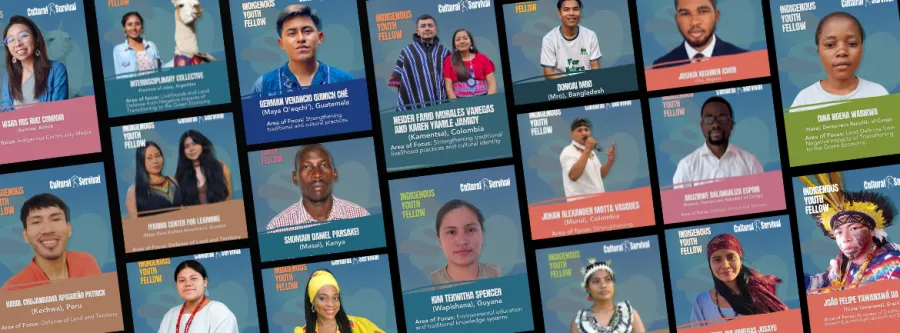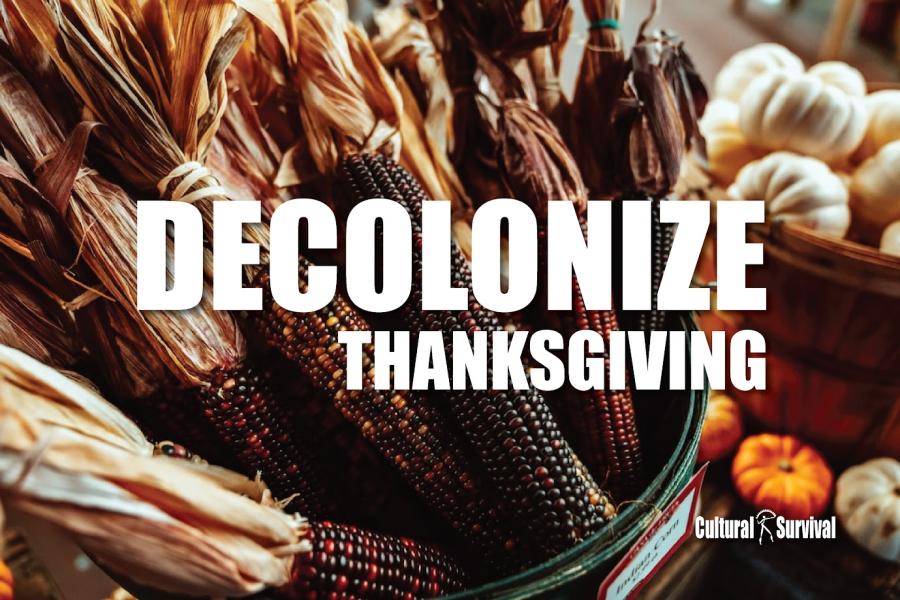A significant proportion of the world's 350 million indigenous peoples reside in remote areas of the globe, often the most marketable of destinations. In many instances, their territories are targeted for hydroelectric dams, open pit mines, and oil exploration, and have become focal points of bitter protest. Are indigenous cultures another resource to be "mined" by ecotourism?
Proponents of ecotourism emphasize that its object is to foster responsibility for managing the impact of tourism -- minimizing adverse effects while maximizing beneficial outcomes and preserving the natural environment. In addition, ecotourism proponents strive to confront stereotypical thinking about "exotic remnant" populations "living off the land." The ecotourist in this model is appreciative of, and receptive to, cultural difference and the struggles of indigenous peoples.
Ideally, ecotourism should facilitate the involvement and experiences of indigenous people as integral to the travel experience by using and acknowledging their role as stewards of the environment. This is an industry that is potentially sustainable, capable of providing local peoples with the opportunity to manage their engagement with the outside world to their own benefit. But is this image real?
In the 1990s, indigenous people accuse travel industry representatives of being exploitative and disrespectful: tourists are blamed for the introduction of disease, the destruction of sacred sites, the disruption of ceremonies, and the displacement of entire communities. Once self-reliant populations have been transformed into small scale and powerless actors in the global economy. Once "mined" for the diversity of their cultures, knowledge of their environment and the thrill that contact affords the tourist, will indigenous communities retain their integrity?
Ecotourism promises change, but what are its necessary preconditions if it is to succeed? In a perfect world, the impetus for travel programs on indigenous lands would come from indigenous peoples themselves. They would invite discussions with tourist industry agents or embark upon chosen projects in their own time. They would have a comprehensive understanding of the potential impacts and, as a group, delineate areas of land suitable for the project, determining well in advance the socially acceptable and manageable number of visitors. If required, indigenous people would enter into contracts with private companies or the government as equal partners, but would maintain the power of veto in decision making.
Indigenous people acknowledge that some re-orientation of the traditional life is warranted if they are to achieve maximum benefit from the outside world while ensuring that new values do not overwhelm traditional morés. Given this background, the advantages of pursuing ecotourism are considerable. With access to business training and employment opportunities, and the informed consent of the group, ecotourism may result in an improved quality of life, provide access to medical and other supplies, promote the retention of language, and foster increased self-esteem.
One of the most significant outcomes for indigenous groups would be the freedom to determine what the world knows of them, and their plight. Travel brochures often give the impression that indigenous people are locked into the past in order to entice the adventure tourist by offering an "authentic" (read archaic) experience. A prime example is Kenya, where the economy is driven by tourist dollars. Seventy percent of the nation's tourist parks are located on Maasai land, and the image of the Maasai warrior often "spearheads" international advertising campaigns. Yet few tourists are aware that the bulk of the Maasai receive absolutely no financial benefits from this industry and are excluded from the game reserves, and constantly reminded that the life of a wild animal is worth more than a Maasai life.
Cultural survival is founded on self-determination: the ability to determine one's own future on one's own land. It does not necessarily demand clinging to tradition and resisting change at all costs. For ecotourism to deliver on its promise, advocates must honor the commitment to create the conditions under which indigenous societies can exercise self-determination; retaining the largest measure of autonomy and power of decision making over their own affairs. They must also follow the lead of indigenous people who, at forums on sustainable tourism constituted through the Convention on Biological Diversity, are identifying the principles of best practice, and also the most appropriate means of creating effective business partnerships. Ecotourism has the best chance of being a boon to indigenous peoples where they have control over their lands, and tourist developments are in accord with their own visions of their future.
Article copyright Cultural Survival, Inc.



